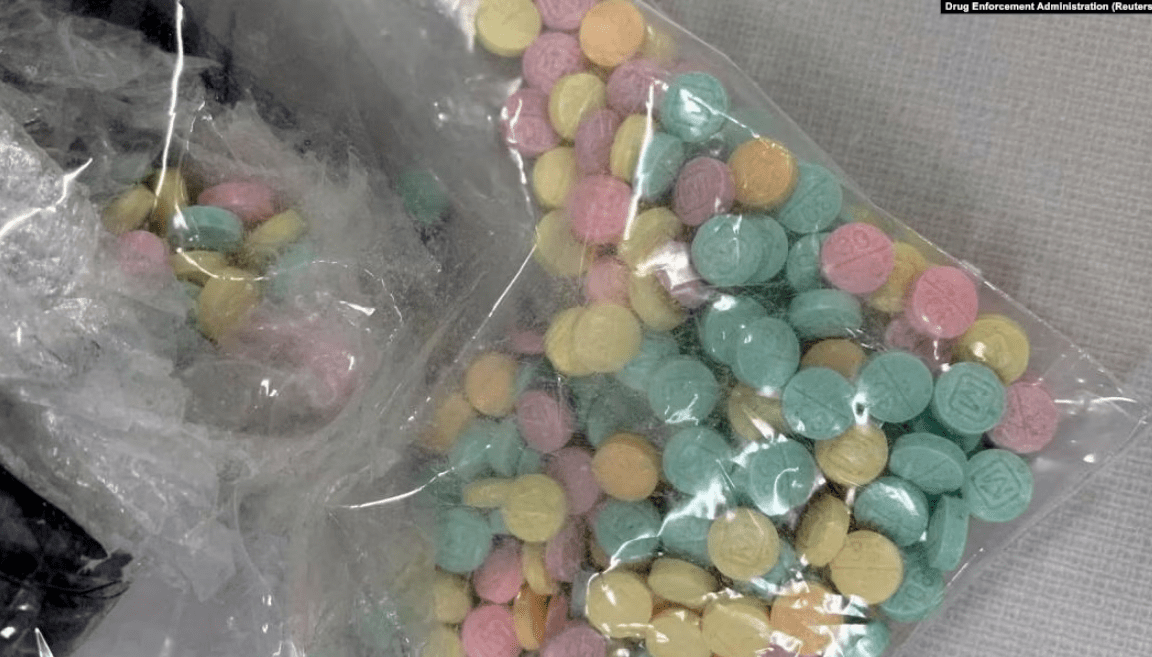Global Courant 2023-05-20 23:40:44
The US Centers for Disease Control and Prevention says the leading cause of overdose deaths in America is synthetic opioids, mainly fentanyl, which can be up to 50 times stronger than heroin.
U.S. law enforcement says illegal fentanyl is made cheaply from chemicals that come mostly from China, trafficked through Mexico and then smuggled into the United States. VOA correspondent Natasha Mozgovaya takes a look at community efforts to deal with the challenges of fentanyl abuse and related homelessness.For more than two years, Kent Hay has been going to a camp with tent near the Green River outside of Seattle in an attempt to convince those living there to get fentanyl addiction treatment and move to a homeless shelter.
Fentanyl abuse is common at the camp where the smell of burning pills mingles with that of fire smoke.
“Very rarely do you come across someone who does not use fentanyl. So it’s hard to get these people to get treatment,” says Mr. Hay, a homeless administrator.
The challenge of fentanyl addiction combined with the problem of homelessness can cause political polarization. King District Council member Sarah Perry says the solution requires responses at multiple levels, including the role of the community.
“They are our people. They live near us. It is our children, our parents, our brothers, sisters and cousins. We cannot ignore them. We have to do what we have to do so that everyone has a safe place to live and everyone feels safe,” she says.
Letting those with fentanyl addiction decide when they’re ready for treatment is inhumane, says former council member Kathy Lambert. She thinks that hospital rehabilitation should be mandatory.
“They need a place where they have no choice but to clean their bodies so they can make good choices. And like anything else, if you’re walking down the street and you see someone having an appendicitis attack, you don’t say, ‘I’ll take care of you when you’re ready.’ Intervene immediately and take action. This should be done in this case,” says Mrs. Lambert.
At the University of Washington’s Center for Drug Education through Community Engagement, Epidemiology and Research, Caleb Banta-Green says improving social and medical services is more effective and less harmful than mandatory treatment.
“Before we try to force people into treatment, I would argue that we need to provide much better services that people actually want. Because when we offer these, they welcome them,” says Caleb Banta-Green of the University of Washington.
In the meantime, employees like Mr. Hay continue to go where people with fentanyl addiction are and try to help them./VOA
Global Courantl








